“Why is my period not stopping?”
Tell me,
Are you the one who witnesses prolonged menstrual cycles?
Well, this is not something to neglect since a prolonged menstrual cycle can be as threatening to your reproductive health as any missed menstrual cycle!
Such a condition is called menorrhagia and, if not cured, may lead to many health issues like –
- Severe Menstrual Cramps
- Uterine abnormalities
- Hormone abnormalities
- Anemia
- Iron Deficiency
- Cancer
And many others!
Thus, it is undoubtedly crucial to consult a doctor when you are suffering from prolonged, heavy, or irregular periods. It is because only your doctor can detect the underlying cause behind such a condition and offer the best suitable treatment for it.
Now, you must be waiting to know what the causes are behind a heavy or prolonged period.
No more of wait! This article shall outline 15 reasons “
Why is my period not stopping?”
So, are you ready to learn the causes? Keep reading!
1. Ovulation –
Yes, the most common reason for your periods to not stop is late or delayed ovulation. Usually, ovulation occurs when your ovary releases a mature egg for the purpose of fertilization, typically around the halfway point of a menstrual cycle.
When this process delays to the end of a cycle, you are likely to witness a prolonged & heavy period. It is because the delay in ovulation creates a heavy lining of the uterus. Perhaps, the build-up is much heavier than usual, and that is when your periods don’t stop.
Of course, such a condition appears with certain red alerts or signals, such as –
- An increase in your cervical discharge,
- Abdominal pain, both lower & side, and
- A sudden rise in the resting body temperature is also called basal in medical science.
You have to talk to your doctor as soon as you see any of the above-mentioned signs along with your heavy periods and learn what to do next!
2. Ectopic Pregnancy –
As we all know, one of the earliest signs of pregnancy is a missed period. However, sometimes you may witness light bleeding during early pregnancy. In fact, sometimes, abnormal bleeding accompanied by pelvic pain may appear during pregnancy. This particular condition is called an ectopic pregnancy.
It occurs when a fertilized egg starts growing outside the uterus, mostly (around 90%) in the fallopian tube. As the egg develops with time, the fallopian tube may burst or rupture, causing internal bleeding. So, if you already know you are pregnant and still suffering from a prolonged period, beware, as it can be a life-threatening emergency that requires a doctor’s help.
Some signals that shall pop up in this regard are –
- Lower back pain,
- Shoulder pain,
- Fatigue,
- Cramps on one side of the pelvis, and
- Constant irritation.
3. Abortion –
While you go through the first menstrual cycle after an abortion, be it a surgical abortion or a medical one, your periods typically take place for a long and get heavy. Herein, you do not need to panic much as it is just post-abortion bleeding that was bound to happen.
However, you must also know that even though it seems like normal periods, it isn’t the same. Why so? Well, that’s because the bleeding in this case occurs corollary to the release of tissues from the uterus.
Do you know why this happens? It is simply because your body wants to and shall likely go back to its normal hormone level. Some of the common symptoms that appear with prolonged periods simultaneously are –
- Fatigue or sudden tiredness,
- Headaches, sometimes even chronic,
- Mood Swings,
- Bloating,
- Tenderness in the muscles and also in the breasts.
4. Miscarriage –
When you have a miscarriage, or in other words, when a spontaneous abortion occurs, at least before 20 weeks of pregnancy, you shall encounter bleeding that is typically heavier and also lasts longer.
Such a condition happens due to the nonovulation of a cycle after a miscarriage that in turn leads to a thicker endometrial lining, and that’s how you get to see a prolonged menstrual cycle.
Disclaimer! As your cervix begins dilating during a miscarriage, you may suffer from severe period cramps. The other signs that appear in the picture are –
- Sudden nausea, dizziness, or fainting,
- Diarrhea, &
- The passing of tissues or clots in the form of large fluids through your vagina.
Set an appointment with your doctor if the pain increases or the period gets abnormally heavier or longer than eight weeks.
5. Medications –
Did you hear before that some over-the-counter medicines can interfere with the length of your menstrual cycle? Perhaps, it is! There are few non-hormonal medications that can stimulate your periods to remain longer and get heavier, and they are –
- Anticoagulants,
- Anti-depressants, and
- Epilepsy medications.
While anticoagulants like aspirin aim at refraining blood clots from coming into existence by preventing the platelets to form clumps, taking them on a regular basis can lead to a prolonged period. On the other hand, anti-inflammatory medicines that are nonsteroidal, namely, naproxen and ibuprofen create an adverse effects. Again, anti-depressants and medicines for epilepsy can lead to both longer and shorter periods.
However, these changes to your menstrual cycle are meant to stop within three months, and if that does not happen, it’s time to call your doctor or consult with a medical professional.
6. Intrauterine Devices –
Sometimes, in order to prevent pregnancy, a healthcare professional may insert an intrauterine device (IUD) into your uterus via your vagina. These intrauterine devices are common of two types, the first one is hormonal, and the other is non-hormonal. Yes, both are major causes of abdominal bleeding that come out together with your periods.
Such a heavy and prolonged period mostly occurs when an individual is receiving the IUD for the very first time, but this is not too scary to be bothered about as it is certain to disappear after a span of three to six months.
Yet again, if it continues for more than the stated time, do not hesitate to call your doctor!
7. Contraception Pills –
Somewhat similar to the process of the former hormonal birth control, if you take emergency contraception pills, also called the morning after pills, your periods may not stop even after the passage of a long time.
Are you wondering how these pills make your periods last longer? Well, they are the ones to delay ovulation so as to prevent pregnancy, thereby disrupting the normal length of your menstrual cycle. Herein, you may face an early period, late period, heavier flow, lighter flow, longer flow, and too much pain than normal.
However, these changes are visible only during your first period after taking the medication and supposedly do not continue for the rest. Henceforth, if you see that happening, feel free to connect with a medical professional anytime.
8. Thyroid Issues –
As we all know, our thyroid gland is responsible for the creation and regulation of a variety of hormones in our body, and for women, it additionally creates hormones related to menstruation. But, when an individual has an underactive or overactive thyroid, the person is likely to experience periods for a much longer time!
Indeed, at the same time, your periods shall seem like they would never stop! Moreover, younger females are more prone to this particular condition and may get to see other signs like –
- Depression,
- Constipation,
- Fatigue,
- Loss of appetite,
- Chills,
- Weight gain, that too all of a sudden, and
- Dry nails and hairs.
9. Polycystic Ovary Syndrome –
Polycystic Ovary Syndrome, or, in short, PCOS, is the condition in which your ovaries produce an excessive amount of androgens (the male sex hormones), enabling cysts to grow over your ovaries. This health condition, occurring among women, does not only affect the level of hormones or fertility but also leads to a prolonged period.
It is something that happens when the endometrium gets thicker due to the hormonal imbalance, and you shall bleed for at least two weeks or even more. Here are some of the symptoms that follow are –
- A sudden weight gain that is too odd to the eye,
- Acne in your face and other body parts,
- Dark patches around your neck, breasts, or armpits, and
- Abnormal growth of body hair.
10. Uterine Polyps or Fibroids –
On one hand, fibroids are the muscular, benign tumors that appear on the uterus walls, and on the other, polyps are the red endometrial tissue growing on the lining of your uterus. Both of these can cause periods to go heavy, full of clots, and longer than one week at least.
These uterine polyps or fibroids tend to grow mostly among women who belong to the 35-50 years age group. Also, among those suffering from Perimenopause! A few symptoms that give company to your prolonged periods when having Uterine Polyps or Fibroids are –
- Leg pain,
- Backaches,
- Pelvic pain,
- Constipation, and
- Frequent urination, especially at night.
Always let your doctor evaluate it and suggest treatment. Call ASAP if you see these signs when your period goes long.
Final Thoughts:
The list that you see above – of the reasons behind your periods not stopping – is only a preliminary one that includes the most common causes. However, there can be many other complex reasons like blood disorders, cervical cancer, hemophilia, and so forth that only your doctor can examine and find out.
Wait!
If you want to see a doctor and schedule an appointment for the same, we can help! Go to healthfinder.in and book your appointment as per your own schedule.

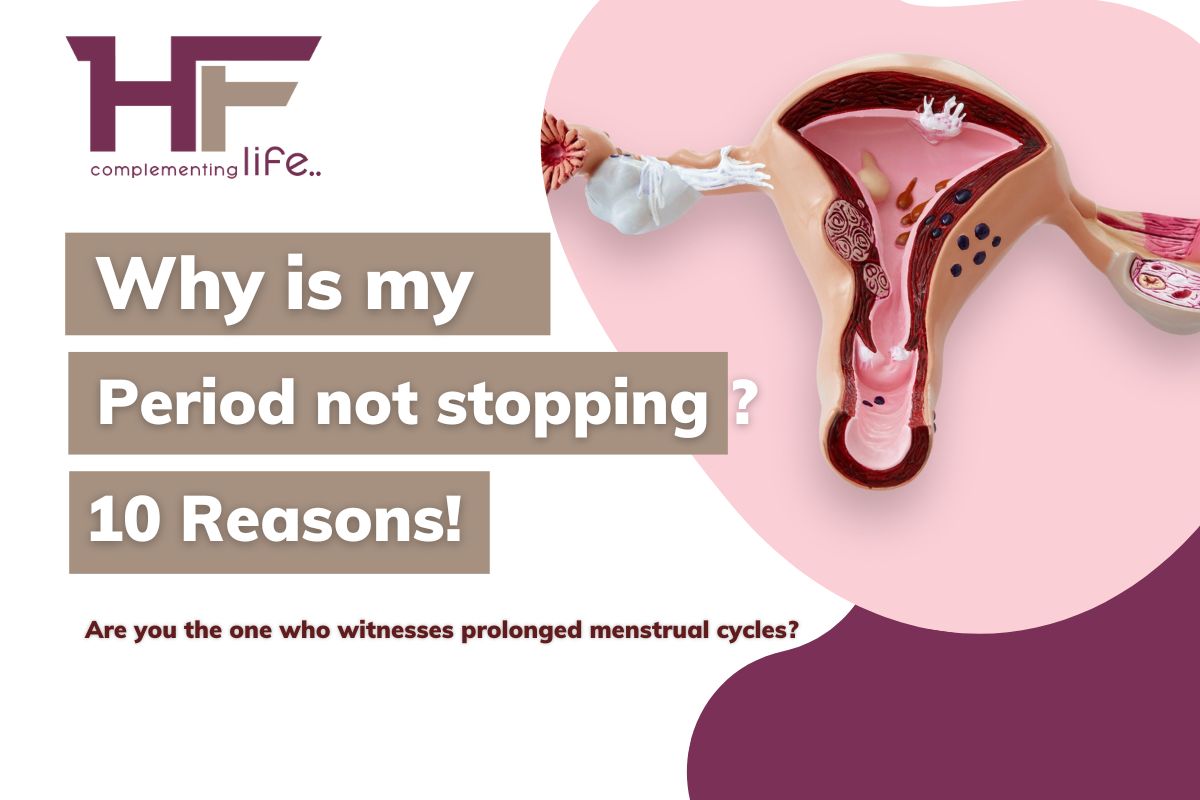
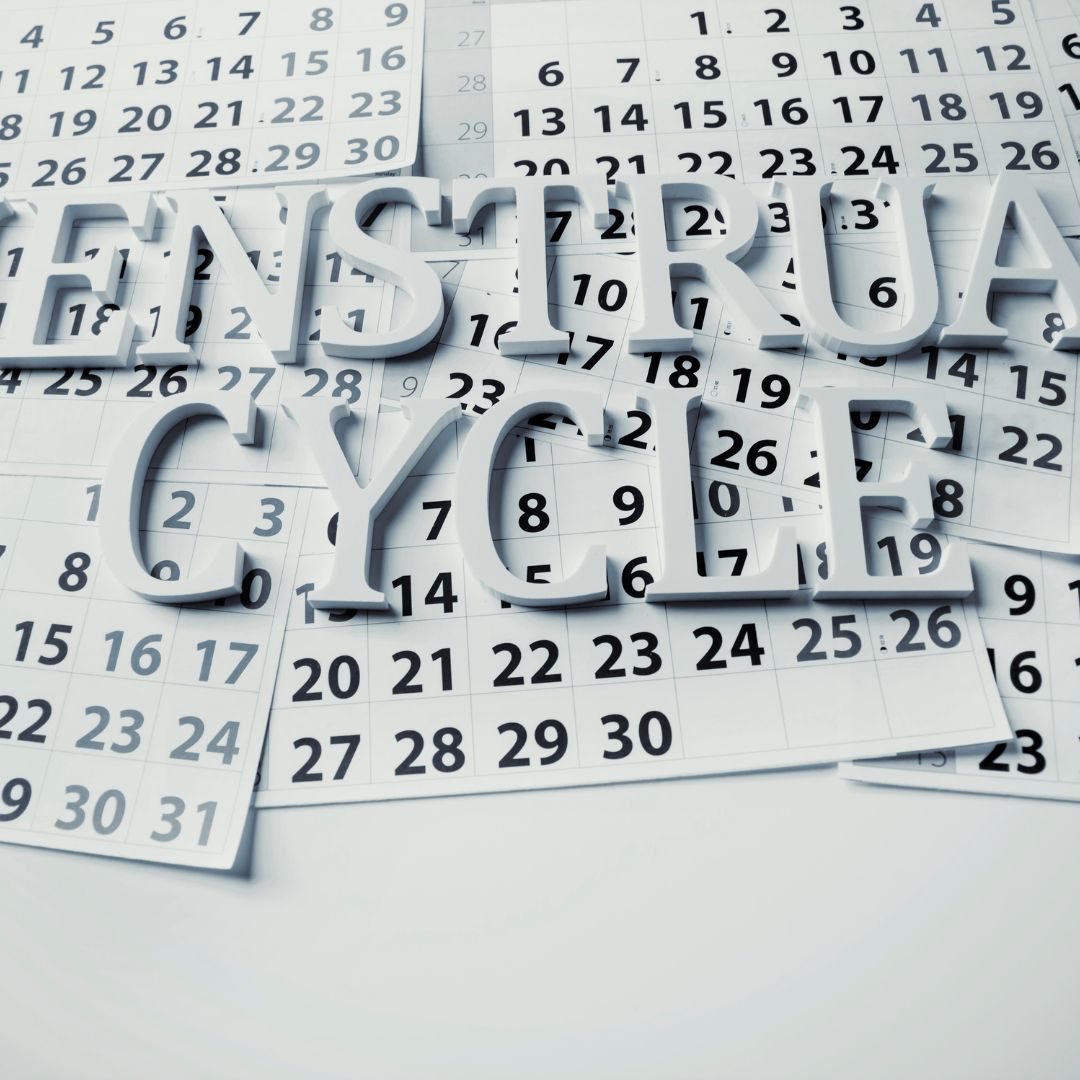
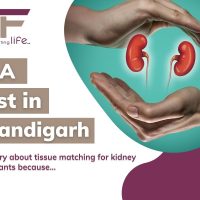

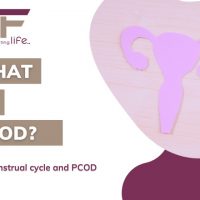

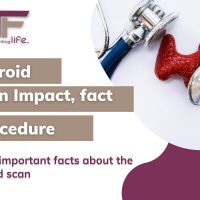



Comments